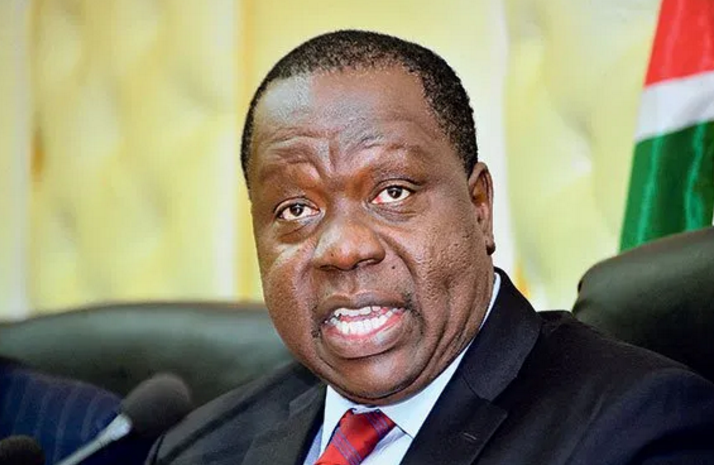Release payout for fallen police officers
By Editorial, June 9, 2021Security officers put their lives on the line daily to keep our country safe and secure. Some of them have been injured or paid the ultimate price with their lives.
Sadly, majority of those killed in the line of duty are youthful officers, who often leave behind young families.
In case of such premature deaths, the Group Life Insurance – created to be an instant estate – is expected to provide the affected families with money to continue with their livelihoods.
That is why we are concerned by revelations that families of more than 300 officers from the National Police and Kenya Prisons Service, who died in the line of duty are yet to be compensated.
No proper explanation has been given over the delays with unfortunate reports attributing this to vested interests in the multi-million-shilling insurance deal.
Officers have been killed by bandits, robbers, colleagues, terrorists and even members of the public.
Police records indicate that most of the officers lost their lives through bandit attacks.
The largest number was the November 10, 2012 attack where a total of 42 officers were killed in a single incident in Baragoi’s Suguta Valley.
We are aware that in December 2019, NPS and KPS launched a charitable Trust for families of policemen and women killed in service of their country to ensure they were catered for by both insurance companies and the Trust.
Interior Cabinet Secretary Fred Matiang’i promised to take a personal interest in all these issues and warned that he would not sit in another meeting to discuss delayed payments and compensation.
The CS further warned that the ministry would cancel contracts of any insurance company that deliberately delayed compensation to families of fallen officers.
However, two years later, the families of the 300 officers not only feel neglected but also continue to languish in poverty and destitution.
As earlier suggested by the Deputy Inspector General in charge of Kenya Police Service, the widows and widowers should be empowered even by recruiting them into the Service or as civilian staff.
Unfortunately, the suggestions by both the Cabinet Secretary and the top police leadership are yet to be implemented.
We emphasise that the concerned authorities must get rid of the bottlenecks and pay the concerned families immediately to avoid exposing them to further suffering.
More Articles

